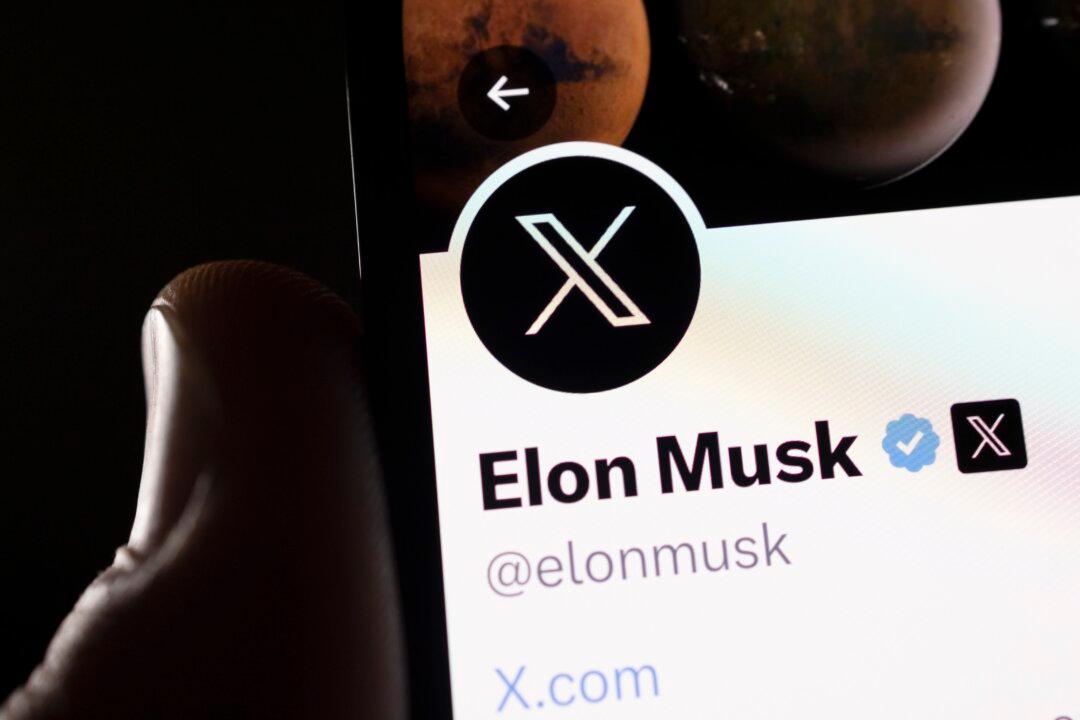Social media company X, formerly known as Twitter, has filed a lawsuit against the Center for Countering Digital Hate (CCDH), alleging that the nonprofit research group engaged in a “scare campaign to drive away advertisers” from the platform.
The complaint (pdf), filed on July 31 in the Northern District of California, charges that CCDH’s American and British operations “engaged in a series of unlawful acts designed to improperly gain access to protected X Corp. data.”





